2024-04-16 08:52
ONE Hosted 3rd Container Shipping Summit in Nagasaki
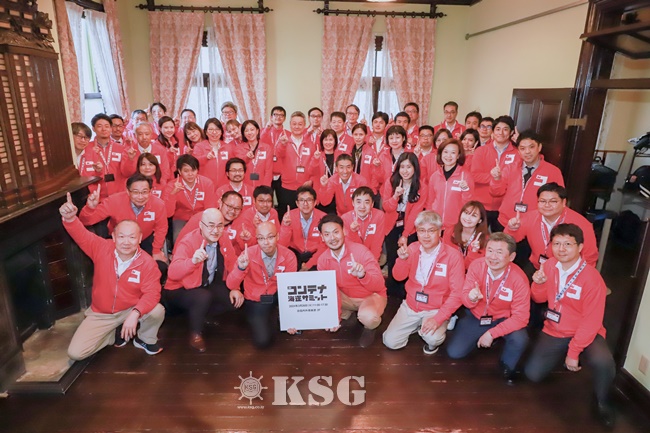
Ocean Network Express (ONE) proudly hosted the 3rd Container Shipping Summit at Dejima, Nagasaki on 26 March 2024, in collaboration with Anchor Ship Partners Co.,Ltd., The Juhachi-Shinwa Bank,Ltd., and KOZO KEIKAKU ENGINEERING INC. It has been a year since the first summit took place in Nagasaki in 2023. At the summit, ONE employees, industry experts and academic leaders from Japan, Singapore, and China discussed the challenges facing the container shipping industry regarding sustainable future of supply chains and society.
The mayor of Nagasaki City, Mr. Shiro Suzuki, said in his opening speech as the Guest-of-Honour, “Dejima was constructed in 1636 and played a large role in the modernization of Japan, serving as its only window to the world. Being approximately 400 years since Dejima’s construction, it is very significant to see new people-to-people exchanges taking place and innovations being produced from this same Nagasaki.” And he said “I hope that this summit will lead to the development of the marine shipping industry, as well as the build-out of each other’s networks.”
The summit featured three topics of panel discussions, including "Examining Next-Generation Fuels: Trends, Risks & Safety Culture”, “Decarbonizing Maritime Supply Chain: An Ecosystem Development Approach” and “Nurturing Tomorrow’s Maritime Leaders: Talent & Development Strategies”.
The panel discussions were attended by many prominent researchers from Kobe University, Kyushu University, Nagasaki University, National University of Singapore (NUS), Shanghai Maritime University, Tokyo University of Marine Science and Technology, and University of Tokyo, alongside distinguished experts from the shipping industry, including the National Maritime Research Institute, MTI, Shanghai Merchant Ship Design and Research Institute (SDARI), and Tokio Marine & Nichido Fire Insurance.
The discussion on next-generation fuels explored current trends, prospects, policies and transitions towards next-generation fuels aimed at decarbonization in various countries. The panellists also stressed the importance of establishing guidelines for safety handling of ammonia fuel as well as the challenges in increasing the use of methanol fuel.
The session on industry-academia collaboration highlighted strategies for promoting decarbonization across supply chains and advocated for sustainable mechanisms to share environmental costs. Participants also mentioned the need to standardize global regulations and ensure transparency and fairness in promoting green fuels.
The talent development session focused on attracting and nurturing professional talent within the maritime industry through collaborations between companies, education institutions, and maritime stakeholders. Vibrant discussions included enhancing the industry’s appeal, defining required skill sets, and communicating its attractiveness.
In partnership with stakeholders from research institutions and the maritime industry, ONE offers a platform that transcends the boundaries of industry, academia, and nationality, fostering dialogue and solutions to address the developmental and challenging aspects of the shipping industry. By acting as a bridge between diverse perspectives and expertise, ONE aims to work with numerous stakeholders to address the various challenges within container shipping while enhancing supply chain efficiency and making meaningful contributions to society.
< Korea Shipping Gazette >
많이 본 기사
- “해양관광대국 초석 다진다” 해양레저관광협회 공식 출범CMA CGM, 美 항만운영사 설립…터미널 10곳 묶는다북극항로 민관협의회 출범 “9월 시범운항”해수부 출입 해운기자단, 해사신문 윤여상 국장에 감사패 전달KSS해운, BGN·태국석유공사와 VLGC 7척 장기계약‘부산 환적·광양 수출입’ 컨물동량 1%대 성장삼성중공업, 지난해 영업익 8622억 달성…12년來 최대정기선 HD현대 회장, 印 모디 총리 만나 합작조선소 건립 논의日 MOL, HD한국조선해양에 액화이산화탄소 운반선 2척 발주한진, ‘물류 바탕’ 전방위 ESG 경영 확산
- 인사/ 한국해양수산개발원케이조선, 5만t급 화학제품운반선 4척 수주…2900억 규모콜드체인協, 제11기 콜드체인관리사 양성과정 모집태웅로직스, 이천 풀필먼트센터 구축…이커머스 물류 진출목포해大 최부홍 신임 총장 “학생·지역·국가에 책무 다할 터”인사/ 해양수산부한국해양교통안전공단 이사장 공개 모집부산항 컨테이너 물동량 2488만TEU…최대치 경신기고/ 선박건조계약상 하자보증시 면책조항의 해석엑소텍, 프랑스서 물류 자동화 행사 ‘엑소서밋 2026’ 개최
스케줄 많이 검색한 항구





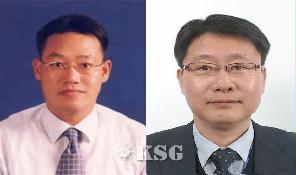



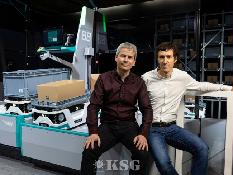
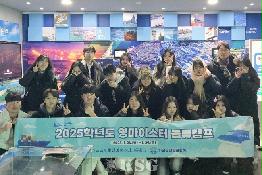
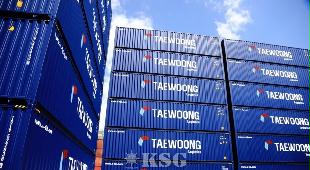
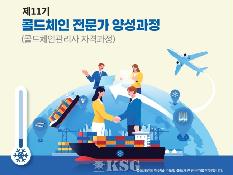
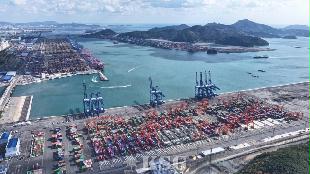
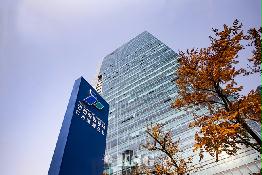
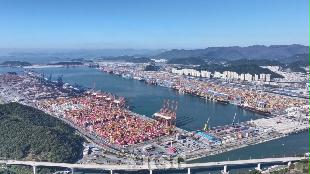
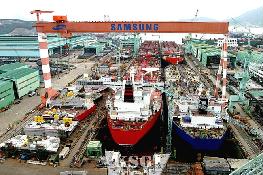
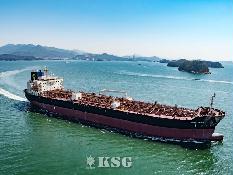
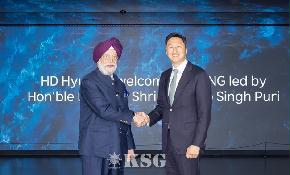
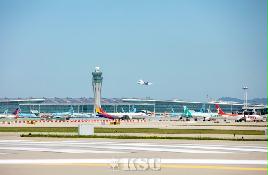
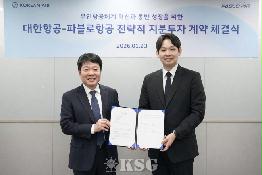
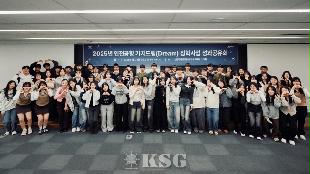
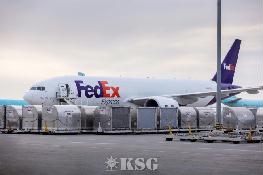
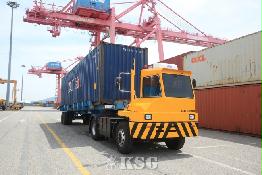
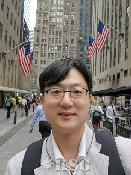
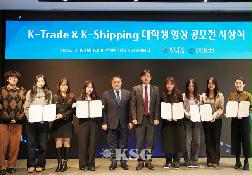
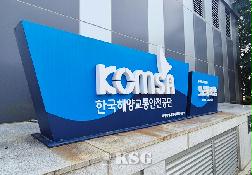
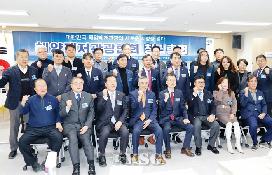
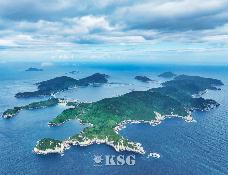
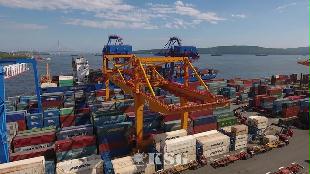
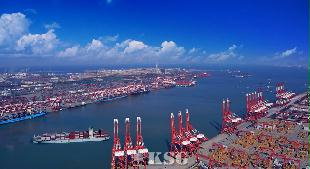
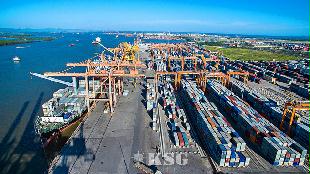
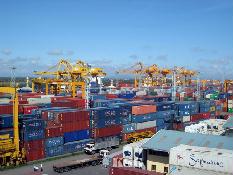





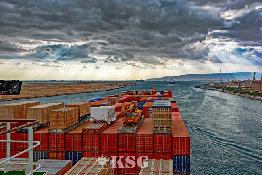
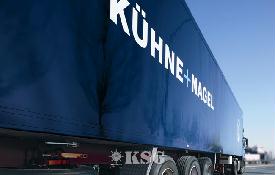
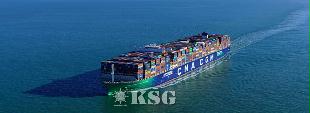
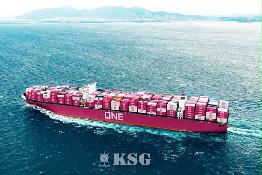
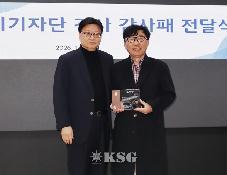
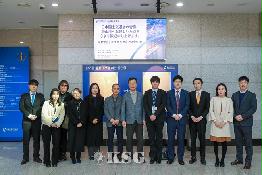




















0/250
확인